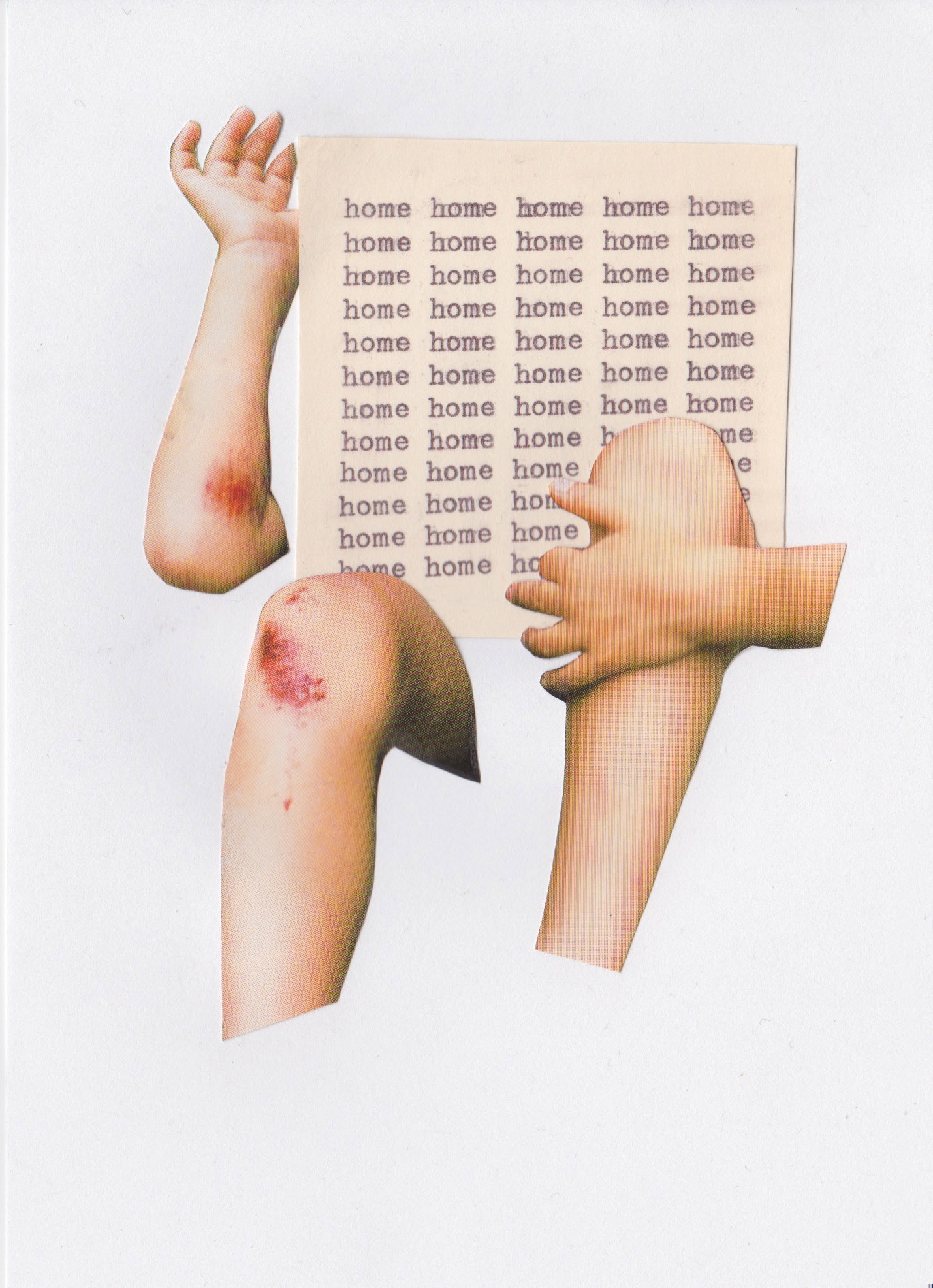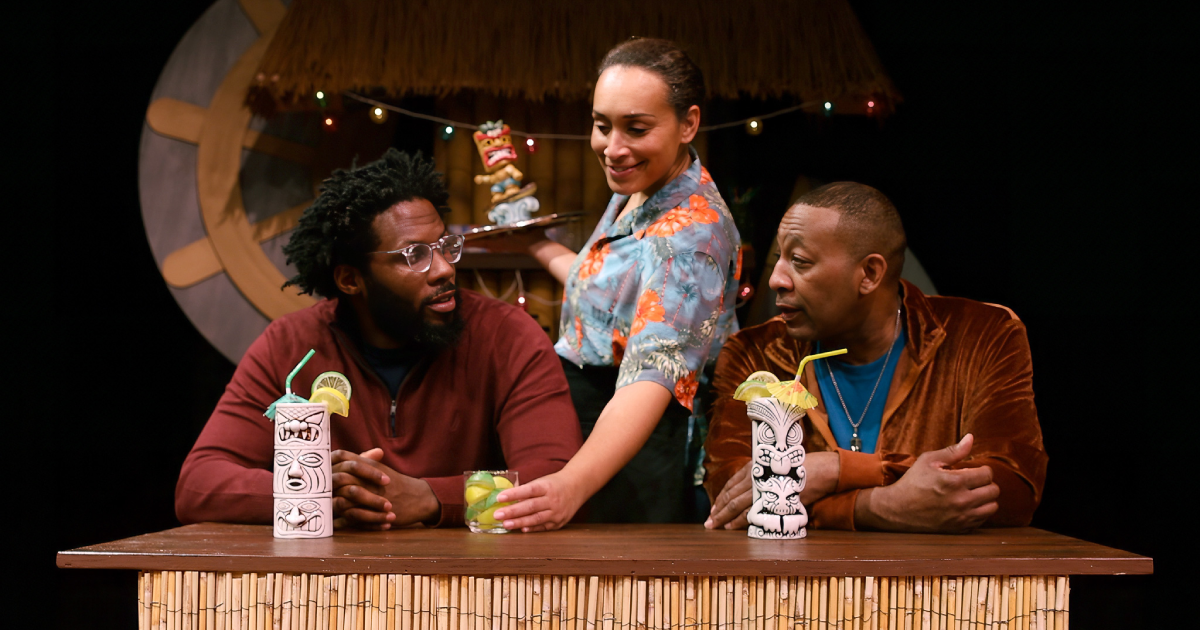JoLee Kirkikis wants you to understand that there’s strength in softness. The 23-year-old Kendall College of Art and Design alumnus works her own photography into collages, also bringing in words and other materials. There’s a delicateness to both the photos themselves and the resulting collages that reverberates through her work. We talked with Kirkikis about her art and its exploration of voluntary susceptibility.
Why did you decide to become a photographer?
Both sets of my great-grandparents came from Europe. My dad’s side came from Greece and my mom’s side came from Germany and they carried very few things with them, but they were always very certain to make images of their family. I ended up growing up and seeing all these family albums from the ’40s to now. I really want to see my life documented that way or just to have trinkets and things to remind myself that life happened to me.
How do you manage the creative process?
I’ve tried to take myself back to the basics of why did I like to take pictures in the first place and kind of get out of my head the, ‘oh, well, I learned this in art school.’ … My creative process — knowing that if I’m not making a picture every day, there are still a million other things I can be doing to be creative. I interned at Avenue for the Arts for the whole last year and I taught my own class about doing that, called How to Always Be Seeking, where we made little workbooks. Basically, 12 strangers all showed up and we talked about our feelings. It was a very wide mix of people and it wasn’t all just people that I was friends with, which was very rewarding for me.
When did you start working with collage?
I started school as a photo major and I did that for a year and a half. Then I was mugged at gunpoint in Grand Rapids and my camera was stolen. I was OK — it was just a very shocking situation. For me as an artist, my means of making was taken away from me. That following semester I took a collage course where I started to get into taking my entire archive of imagery I created previously and started to cut them up. I guess part of it was probably out of anger and frustration with the whole situation but also that’s what I was left with. I got my first camera when I was 14 and I was 19 when that happened, so I had five years worth of imagery to go through.
Do the words in your collages mostly come from you or are you clipping them out of other places?
It is a mix. My first true love was writing and then everything visual came after. I started this project — it’s now a two-year project — finding random pieces of paper on the ground that just say really weird things. They’re all handwritten and just bizarre. I want to compile them and put them all together and call it, Vernacular Signs from the Universe.
What message is your work trying to get across?
I feel like I put myself in vulnerable situations through my work, whether that is a nude self-portrait or my own writing involved in a piece. (I hope that people) become less afraid of sharing themselves. I once read that good art, or successful art, is the art you think about when you’re not standing next to it. I think that’s something I try to remember while making my own art.
When did you decide to focus on this ‘importance of remaining soft’ in your art?
Growing up in this kind of backwoods rural Michigan, I was very against the idea of being soft. I did not want to wear pink, I didn’t care about dresses, or anything like that. As I got older and started to move into my 20s, I wanted to reclaim those things, especially after being mugged. After that happened, it made me really realize the feminine aspects of me and how much worse that situation could have been. I’ve just chosen forgiveness and that is a very hard thing to do but it revolves around softness. There’s a lot of people who do want to judge you for your forgiveness and I just decided to cling to my softness.
With that philosophy, how do you handle the criticism that comes with being an artist?
You can be soft, but you have to know how to be strong in your softness, and if you go to a show and someone says something not nice about your art, it’s typically never really directed at you. A lot of the time those people that do question your choices are the people who will actually help you grow as an artist. Not everything I make is great and that’s OK.





